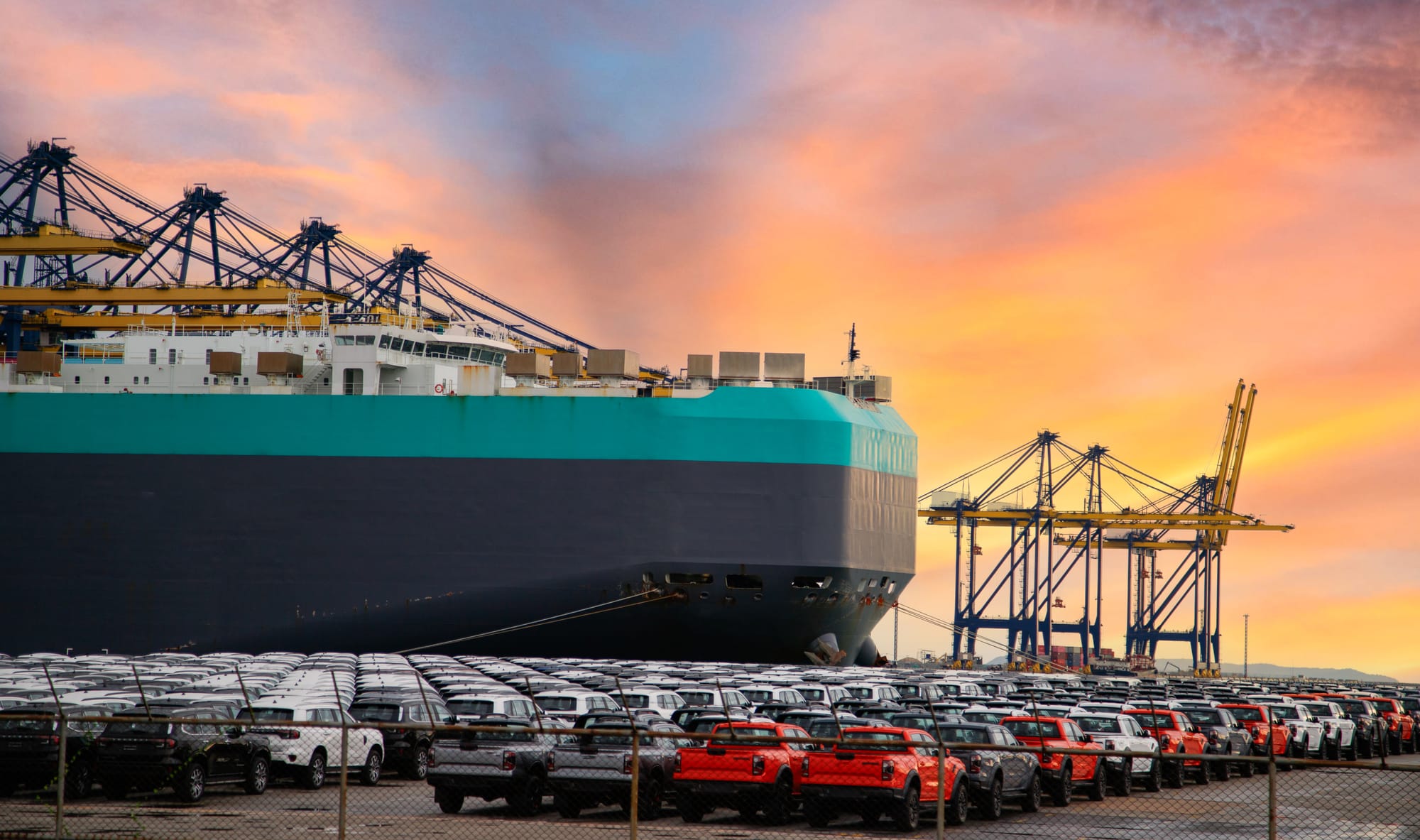Navigating the Waves: How the Recent Port Strike is Impacting the Auto Transport Industry

In recent weeks, a significant port strike has sent ripples through the global supply chain, prompting concerns across various sectors, particularly the auto transport industry. With ports serving as critical gateways for the movement of vehicles and automotive parts, the implications of this strike are far-reaching, affecting everything from production timelines to vehicle availability for consumers.
Understanding the Port Strike
The port strike, which erupted due to unresolved labor disputes over wages and working conditions, has disrupted operations at several major shipping hubs. As dockworkers halted activities, cargo ships faced delays, creating a backlog that has affected not only automotive transport but also a wide range of industries dependent on timely shipping.
Immediate Consequences for the Auto Transport Industry
- Delayed Deliveries: The most immediate impact of the strike has been the delay in shipments of vehicles and parts. Automakers rely heavily on just-in-time delivery systems, which means that any disruption in the supply chain can halt production lines. For instance, manufacturers awaiting critical components may find themselves unable to assemble vehicles, leading to potential production downtimes.
- Increased Costs: As delays continue, transportation costs are likely to rise. Shipping companies may impose surcharges to mitigate the financial strain caused by the backlog. These increased costs can ultimately be passed down to consumers, leading to higher prices for new vehicles and potentially impacting used car values as well.
- Inventory Shortages: With a slowdown in vehicle imports, dealerships may face inventory shortages, limiting consumer choices. In a market already grappling with supply constraints, this could exacerbate existing challenges, leading to longer wait times for customers and potential lost sales for dealerships.
- Shifts in Supply Chain Strategies: As the strike underscores vulnerabilities in global supply chains, many auto manufacturers may seek to diversify their shipping routes or sources for parts. This could lead to longer-term changes in the industry, with some companies considering reshoring certain manufacturing processes or establishing relationships with alternative suppliers to reduce reliance on a single port or shipping lane.
Broader Industry Implications
The effects of the port strike extend beyond immediate logistical challenges. The auto transport industry, already navigating a landscape shaped by electric vehicle (EV) production demands and environmental regulations, must now contend with the additional complexities introduced by this disruption.
- Investment in Technology: Companies may invest in technology to enhance visibility in their supply chains. Tracking software and data analytics can provide real-time updates on shipments, allowing manufacturers to adapt more swiftly to changing circumstances.
- Shifts in Consumer Behavior: As consumers experience longer wait times and higher prices, some may reconsider their purchasing decisions. This shift could influence market trends, potentially increasing interest in used vehicles or alternative mobility solutions.
Conclusion
The recent port strike is a stark reminder of the interconnected nature of global supply chains and the vulnerabilities that come with them. For the auto transport industry, the implications are profound, affecting everything from production timelines to consumer choices. As the industry navigates these turbulent waters, it will be crucial for stakeholders to adapt swiftly, embracing new strategies and technologies to ensure resilience in the face of future disruptions. As the strike comes to an end and operations begin to normalize, the long-term effects on the auto transport landscape will continue to unfold, shaping the industry for years to come.